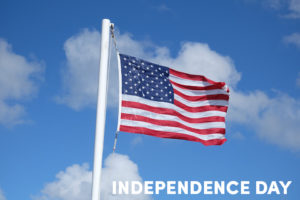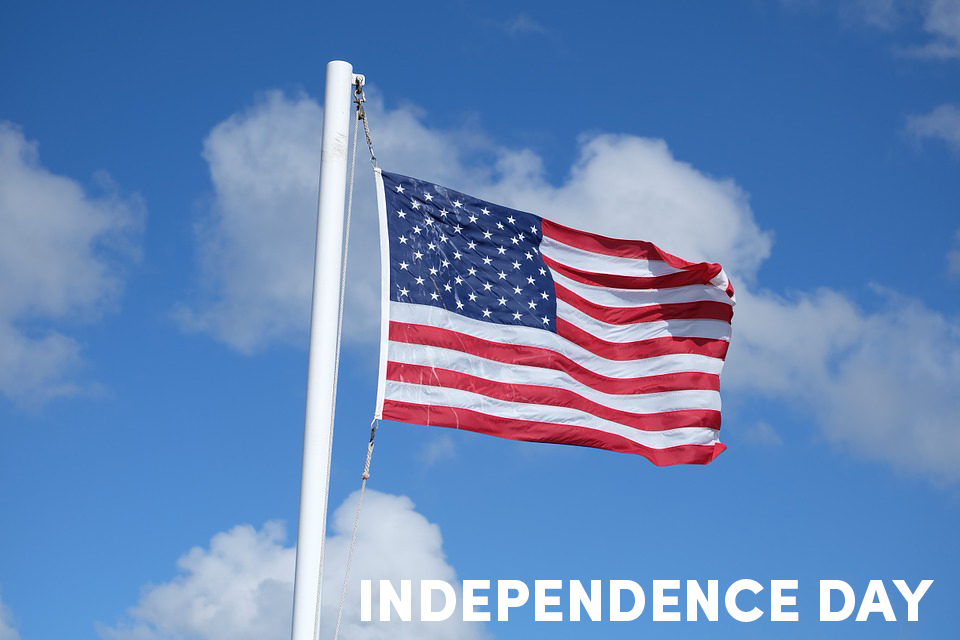 What’s in a name?
What’s in a name?
Well, remember that holiday, the Eleventh of November?
Me neither. But Veterans Day? Oh, yeah, that’s when we honor veterans.
And can you imagine attending a “Twenty-fifth of December” service? It’s the power of the name – Christmas – that conveys the meaning of the holiday.
So I opt for calling the upcoming holiday Independence Day, not the Fourth of July. The American fight for Independence from Britain was a brave and righteous cause, as I was reminded during a recent visit to Philadelphia’s Independence Hall, where the Declaration of Independence was signed.
Using the most direct language to describe events helps ensure that their import is honored and remembered.
It makes me wonder if last week’s United Kingdom vote for independence from the European Union was influenced by the flip name bestowed upon it: Brexit, a combination of the words British and exit. The name is catchy, but meaningful? I’m not so sure.
Such catchwords allow us to reference complex issues in a way that makes us sound like we know what we’re talking about – even when we don’t. After polls closed, Google reported that top UK searches included “What does it mean to leave the EU?” and “What is the EU?”
The most powerful names help us think about the issues so we can act with intelligence and resolution. Independence Day succinctly recalls the goal and outcome of the 1776 struggle in a way that informs current issues, from Brexit to the U.S. presidential election, both of which include calls for throwing off the status quo. Here’s hoping meaningful language triumphs.

